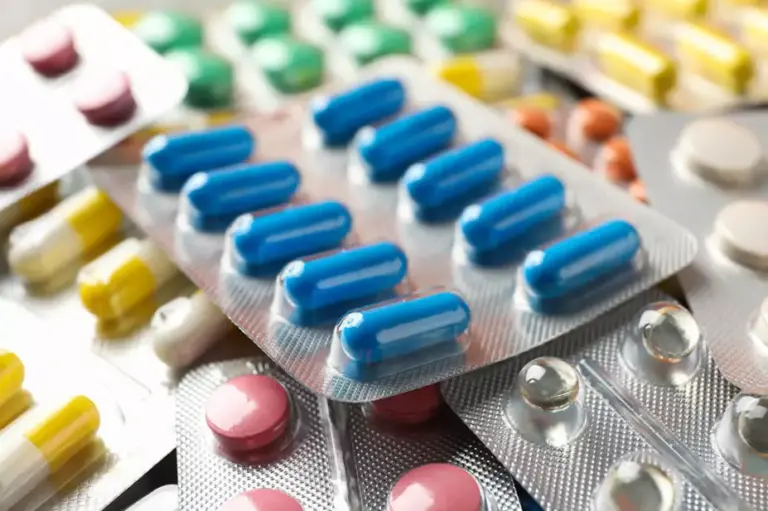Nigeria’s indigenous pharmaceutical companies are expanding their production capacity to fill the void left by departing multinationals, meeting both domestic and regional drug demands despite persistent regulatory and economic hurdles.
Leading the expansion are firms like Emzor Pharmaceuticals Industries, which has invested in new plants, and Fidson Healthcare, which has leveraged government incentives and research collaborations to increase the production of essential medicines. Green Life Pharmaceuticals has also achieved a significant milestone by launching Nigeria’s first WHO pre-qualified antiretroviral drug manufacturing plant, positioning the country as a key player in Africa’s pharmaceutical industry under the African Continental Free Trade Agreement (AfCFTA).
Government Support and Policy Impact
Alexander Okoh, former Director-General of the Bureau of Public Enterprises, highlighted that indigenous firms now control about 45% of Nigeria’s anti-malarial drug production. Speaking at the 2025 Economic Outlook and CEOs Forum of the Association of Industrial Pharmacists of Nigeria, Okoh credited some government policies and financial support for this growth.
The National Drug Policy’s emphasis on increased local production and reduced import dependency has spurred investments in active pharmaceutical ingredients (APIs) manufacturing. Additionally, the Central Bank’s Intervention Fund for the Pharmaceutical Sector has provided financial support, enabling local firms to expand facilities and adopt cost-effective processes. Public-private partnerships have also played a role in addressing infrastructure gaps, such as power and logistics, further strengthening the sector.
Impact of Multinational Exits and Challenges Faced
Between 2020 and 2024, Nigeria’s pharmaceutical industry experienced a significant exodus of multinational companies, including major players like GlaxoSmithKline, Sanofi, and Pfizer. Their departure was driven by economic instability, regulatory challenges, and operational inefficiencies, which heightened Nigeria’s reliance on imported medicines.
The sector faces several challenges, including foreign exchange volatility, with over 60% of active pharmaceutical ingredients and excipients being imported. The depreciation of the naira and dollar shortages have significantly increased production costs. Regulatory hurdles, such as delays in NAFDAC approvals, overlapping tariff policies, and port congestion, further strain operations. Additionally, security concerns and high energy costs make local production less competitive.
Innovations and Future Prospects
Despite these challenges, Nigeria’s pharmaceutical companies are embracing innovation and new business models. There is a growing shift toward herbal and alternative medicine research, leveraging Nigeria’s rich biodiversity for plant-based treatments. The rise of e-pharmacy and telemedicine is also transforming drug distribution, allowing direct-to-patient models that improve access to essential medicines.
Okoh emphasized that investing in API manufacturing and finished pharmaceutical products can reduce dependence on imports and mitigate foreign exchange pressures. He noted that a key focus should be strengthening local pharmaceutical manufacturing, particularly for essential generic medicines such as paracetamol, antibiotics, anti-inflammatory drugs, and cardiovascular treatments to address the growing burden of hypertension and heart disease.
With continued government support, policy reforms, and regional expansion under AfCFTA, Nigeria’s pharmaceutical industry has the potential to become a major player in the African healthcare market.

